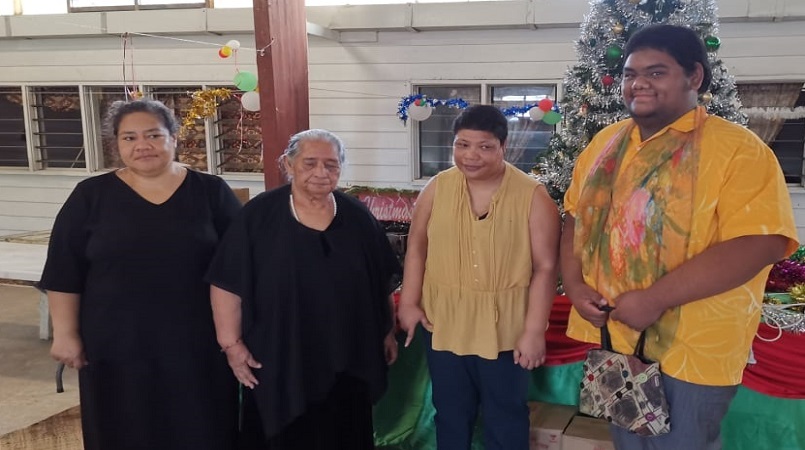
Disabled people in Tonga are having to overcome the psychological barrier of discrimination according to a survey.
The survey conducted by Australia's Aid Programme and Tonga's Ministry of Education stated that disabled people in Tonga faced social stigma.
"People with disability are one of the most marginalised and vulnerable groups in Tongan society. They often face stigma, exclusion and discrimination, and lack voice and influence over community and national resources," according to the report.
It outlined various testimonies including discrimination in employment and education.
RNZ Pacific reports the most common of discrimination however was bullying in the form of verbal harassment, directed primarily by youth.
"One of the most hurtful things I heard was from a girl who said 'their mind is full of garbage, they have disabilities' - that's what I heard and I feel like my life is being threatened", said Paula Fuahau, a 16-year-old disabled student who lives at the Alonga Centre for disabled people.
"When we often attend occasions where there are lots of youth, you will find one of them saying. On one recent occasion, we went out to attend an event and one of our clients was overjoyed and excited because he rarely leaves the centre, but when we were there, a girl there said "eww, he doesn't bathe and he's disabled."
"We learnt to let it go, it disappears through the air, we don't have to worry about it because they're just trying to encourage us to be ourselves. Discrimination is like carbon dioxide, you breathe it in and use it to grow like a plant."
The Alonga Centre is home to thirty people with disabilities varying in severity from intellectual disability to those rehabilitating from a physical impairment.
Paula Fuahau lives with problems with his hip, but it hasn't prevented him from thriving academically.
The Alonga Centre acts as a safe place for disabled people to socialise with one another, fostering mental well-being. Special education is also offered.
"The people here are family to me, more than my biological relatives…discrimination is one of the reasons why our home has been set up.", Fuahau said.
"I would like to go to college and to train to be a teacher, then come back and work here as a volunteer", he added.
The Alonga Centre is a safe place for disabled people to socialise with one another, fostering mental well-being. Photo: RNZ Pacific/Finau Fonua
